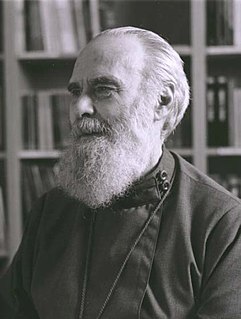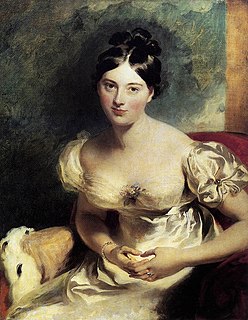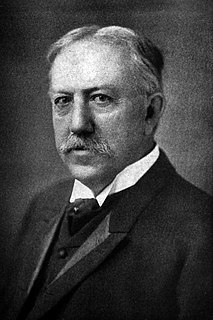A Quote by Jean de la Bruyere
A good author, and one who writes carefully, often discovers that the expression of which he has been in search without being able to discover it, and which he has at last found, is that which was the most simple, the most natural, and which seems as if it ought to have presented itself at once, without effort, to the mind.
Related Quotes
Freedom from labor itself is not new; it once belonged among the most firmly established privileges of the few. In this instance, it seems as though scientific progress and technical developments had been only taken advantage of to achieve something about which all former ages dreamed but which none had been able to realize.
That this liberty [of the press] is often carried to excess; that it has sometimes degenerated into licentiousness, is seen and lamented, but the remedy has not yet been discovered. Perhaps it is an evil inseparable from the good with which it is allied; perhaps it is a shoot which cannot be stripped from the stalk without wounding vitally the plant from which it is torn. However desirable those measures might be which might correct without enslaving the press, they have never yet been devised in America.
It seems to me, and I am personally convinced, that the Church must never speak from a position of strength. [These are shocking words.] It ought not to be one of the forces influencing this or that state. The Church ought to be, if you will, just as powerless as God himself, which does not coerce but which calls and unveils the beauty and the truth of things without imposing them. As soon as the Church begins to exercise power, it loses its most profound characteristic which is divine love [i.e.] the understanding of those it is called to save and not to smash.
If Thought is capable of being classed with Electricity, or Will with chemical affinity, as a mode of motion, it seems necessary to fall at once under the second law of thermodynamics as one of the energies which most easily degrades itself, and, if not carefully guarded, returns bodily to the cheaper form called Heat. Of all possible theories, this is likely to prove the most fatal to Professors of History.
I have searched everywhere to find an answer to my question, 'Is there enlightenment?' but have never questioned the search itself. Because I have assumed that goal of enlightenment exists, I have had to search. It is the search itself which has been choking me and keeping me out of my natural state. There is no such thing as spiritual or psychological enlightenment because there is no such thing as spirit or psyche at all. I have been a damn fool all my life, searching for something which does not exist. My search is at an end.
Mathematical analysis is as extensive as nature itself; it defines all perceptible relations, measures times, spaces, forces, temperatures:;; this difficult science is formed slowly, but it preserves every principle which it has once acquired; it grows and strengthens itself incessantly in the midst of the many variations and errors of the human mind. It's chief attribute is clearness; it has no marks to express confused notations. It brings together phenomena the most diverse, and discovers the hidden analogies which unite them.
Poetry, even when apparently most fantastic, is always a revolt against artifice, a revolt, in a sense, against actuality. It speaks of what seems fantastic and unreal to those who have lost the simple intuitions which are the test of reality; and, as it is often found at war with its age, so it makes no account of history, which is fabled by the daughters of memory.
The physiological law of Transfer of Energy is the basis of human success and happiness. There is no action without expenditure of energy, and if energy be not expended the power to generate it is lost. This law shows itself in a thousand ways in the life of man. The arm which is not used becomes palsied. The wealth which comes by chance weakens and destroys. The good which is unused turns to evil. The charity which asks no effort cannot relieve the misery she creates.
It is a mistake to confound strangeness with mystery. The most commonplace crime is often the most mysterious because it presents no new or special features from which deductions may be drawn. This murder would have been infinitely more difficult to unravel had the body of the victim been simply found lying in the roadway without any of those outré and sensational accompaniments which have rendered it remarkable. These strange details, far from making the case more difficult, have really had the effect of making it less so.
The concept of guilt is found most powerfully developed even in the most primitive communal forms which we know... the man is guilty who violates one of the original laws which dominate the society and which are mostly derived from a divine founder; the boy who is accepted into the tribal community and learns its laws, which bind him thenceforth, learns to promise; this promise is often given under the sign of death, which is symbolically carried out on the boy, with a symbolical rebirth.
Which natural gift would you most like to possess? The ability to master other languages (which would have hugely enhanced the scope of these answers). How would you like to die? Fully conscious, and either fighting or reciting (or fooling around). What do you most dislike about your appearance? The way in which it makes former admirers search for neutral words.







































